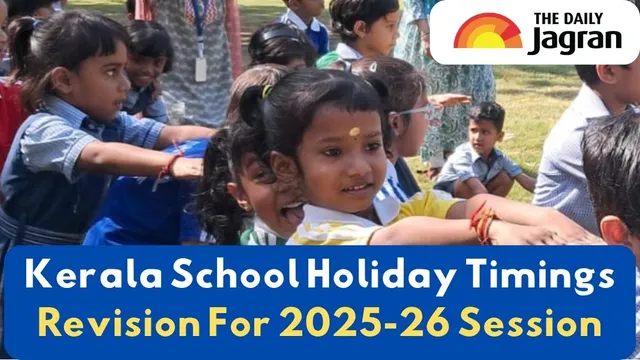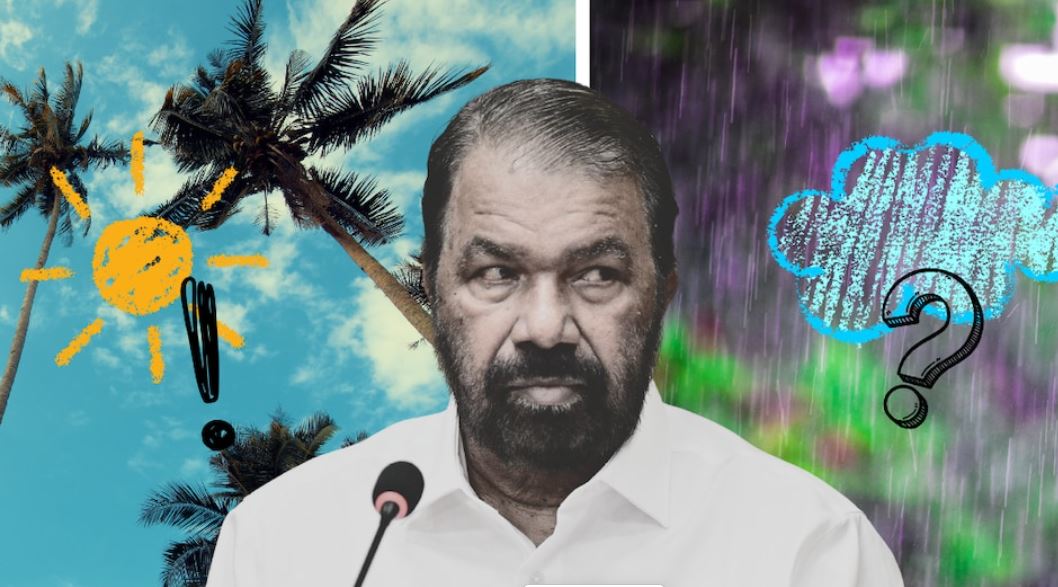- By Sarju Saran Tiwari
- Fri, 01 Aug 2025 06:11 PM (IST)
- Source:JND
Kerala School Calendar 2025-26: Kerala's Education Minister V. Sivankutty has sparked widespread debate by proposing a significant change to the state's traditional school calendar. The minister suggests shifting summer holidays from the current April-May period to June-July, a move designed to tackle weather-related challenges that have long plagued the education system.
The proposal emerges from genuine concerns about student welfare and academic continuity. April and May bring scorching heat that makes classroom learning uncomfortable and potentially unsafe for students. Conversely, the heavy monsoon rains in June and July frequently force school closures, disrupting the academic calendar and reducing effective teaching days throughout the year.
File Photo Credit: onmanorama.com
Also Read: Ramsar Sites In India 2025 (Updated): Check Complete State-wise List, Names, Designation Date & Area
Addressing Weather-Related Academic Disruptions:
The current system faces dual challenges that significantly impact learning outcomes. During April and May, temperatures soar to uncomfortable levels, making it difficult for students to concentrate and learn effectively. The intense heat creates health risks and reduces classroom productivity, affecting both students and teachers.
Meanwhile, the traditional June-July academic period coincides with Kerala's heaviest monsoon season. Schools frequently shut down due to flooding, heavy rainfall, and transportation difficulties. This pattern creates a cycle of academic disruption that educators have struggled to manage, leading to compressed syllabi and rushed examination schedules.
Expert Support and Implementation Considerations:
Education expert Prof. V.P. Joshith from Central University of Kerala supports the proposal, noting it could create additional instructional days. He suggests combining the holiday shift with a semester system featuring two annual examinations, potentially revolutionizing Kerala's academic structure and improving learning outcomes.
However, successful implementation requires comprehensive planning and stakeholder consultation. Minister Sivankutty emphasizes the need for thorough discussion involving students, parents, teachers, and education experts. The minister also plans to study vacation patterns in other states and countries to ensure the proposed changes align with best practices and local needs.
The proposal represents a bold step toward creating a more weather-responsive and academically efficient school system in Kerala. Public discourse in coming weeks will determine whether this innovative approach becomes reality.


